

The film won the Academy Award for Best Film Editing (Frank P. Keller) and was nominated for Best Sound. Writers, Trustman and Kleiner won a 1969 Edgar Award from the Mystery Writers of America for Best Motion Picture Screenplay. Bullitt is notable for its car chase scene through the streets of San Fransisco, regarded as one of the most influential car chase sequences in movie history.
In 2007, Bullitt was selected for preservation in the United States National Film Registry by the Library of Congress as being "culturally, historically, or aesthetically significant". In 2008 Ford produced the Mustang Bullit model for the 40th anniversary of the film. The Bullit nameplate on the steering wheel honored the movie that made the Mustang one of the most popular cars of the 1960s and 1970s. The green color was also brought back for the anniversary edition.
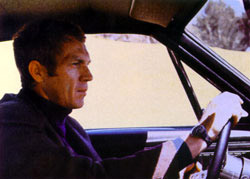
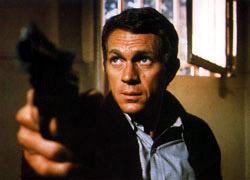
Ambitious politician Walter Chalmers (Robert Vaughn) is holding a Senate subcommittee hearing in San Francisco on organised crime in America. To improve his political standing, Chalmers hopes to bring down Chicago mobster Pete Ross (Vic Tayback) with the aid of key witness Johnny Ross, Pete's brother. Bullitt takes place the weekend before the hearing, from Friday night (during the opening credits) to Sunday night.
Following his theft of $2,000,000 in mob money and subsequent escape from Chicago to San Fransisco, Johnny (Felice Orlandi) is placed in the San Fransisco's Police protective custody for the weekend. Chalmers requests Lieutenant Frank Bullitt's (Steve McQueen) unit to guard him.
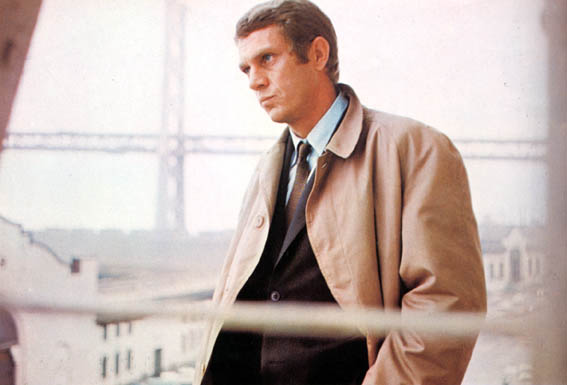
Bullitt, Sergeant Delgetti (Don Gordon) and Detective Carl Stanton (Carl Reindel), give Ross around-the-clock protection at the Hotel Daniels, a cheap flophouse near the Embarcadero Freeway. Late Saturday night, a pair of hitmen (Paul Genge and stunt driver Bill Hickman), burst into the room and shoot both Inspector Stanton and Ross, seriously wounding them both.
Bullitt wants to investigate who shot the pair and find the Mafia boss who ordered the hit. Upset, Chalmers attempts to shift blame on to Bullitt and the San Francisco Police Department. Ross subsequently dies of his wounds. Bullitt suppresses news of the death, asking Doctor Willard (Georg Stanford Brown) to misplace the chart and have the body placed in the morgue under a John Doe identity.
Chalmers arrives at the hospital on Sunday morning and is angered that Ross has disappeared. He is further incensed when he and his police minion Captain Baker (Norman Fell) receive no help from Bullitt. Chalmers places pressure on Bullitt to produce Ross, to no effect.
Bullitt reconstructs Ross's movements, finding his way to a hotel where he finds a woman registered under the name Dorothy Simmons (Brandy Carroll). With the hearing the next day, Bullitt suspects the dead mobster may not be who he seems. After picking up his Ford Mustang, Bullitt is tailed by the two hitmen, resulting in a famous car chase that ultimately kills the hitmen.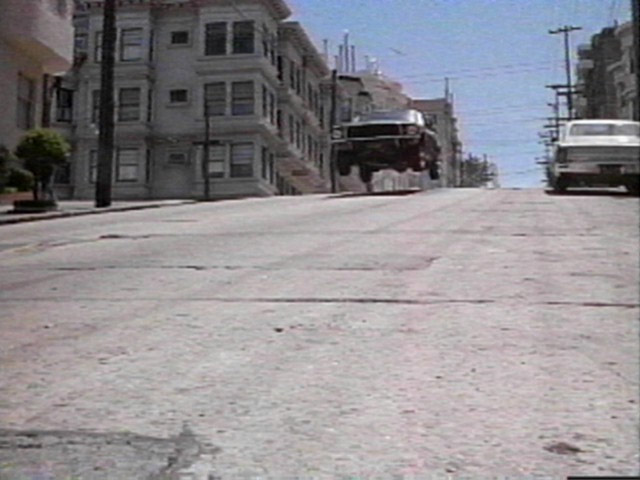
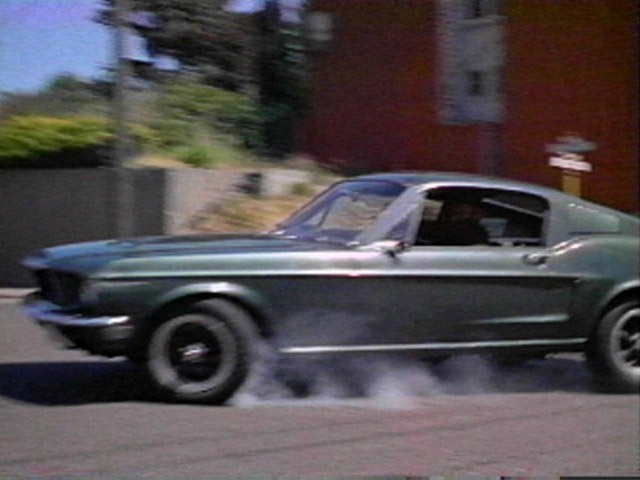
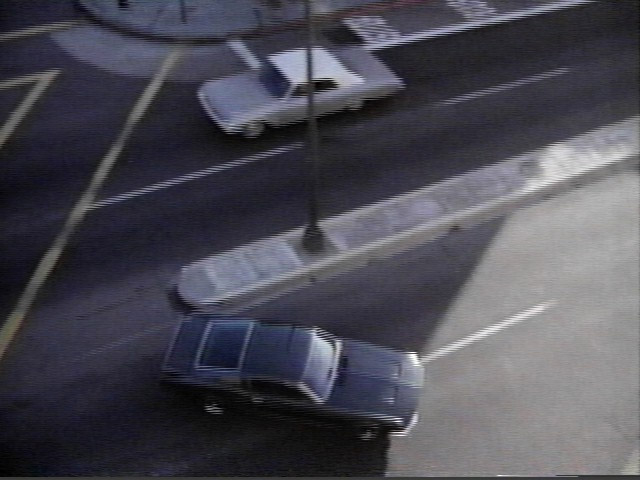
Back at the police station, Bullitt is interrogated, and is given until Monday morning to follow his remaining lead. He begins to investigate Simmons, but discovers that she has been murdered. Later, Bullitt and Delgetti learn that Simmons's true identity was Dorothy Rennick, and that the murdered man that they knew as Ross may in fact be her husband, Albert, a car salesman with no police record. Bullitt requests a copy of Rennick's passport, hoping to prove this theory.
Chalmers arrives at the morgue, demanding, from Bullitt, a signed admission that Ross died while in his custody. Bullitt demurs, and when the faxed copy of the Rennicks' passport photos arrives, Chalmers is shown to have sent the police to protect the wrong man. The real Ross set n
in order to escape, then killed Rennick's wife to silence her. Chalmers later tries to smooth things over by offering Bullitt a chance to further his career, which Bullitt refuses.
Bullitt's partner discovers that the Rennicks have tickets to fly to Rome that night. They go to to the airport, where Bullitt discovers the real Johnny Ross (Pat Renella) and pursues him. A chase across the working runways of San Francisco Airport ensues (which was filmed with actual departing flights going by), with Bullitt eventually shooting and killing Ross after chasing him back into the terminal.


At the time of the film's release, the car chase scene generated a great amount of excitement. Leonard Matlin has called it a "now-classic car chase, one of the screen's all-time best." Emanuel Levy wrote in 2003 that, "Bullitt contains one of the most exciting car chases in film history, a sequence that revolutionized Hollywood's standards." In his obituary for Peter Yates, Bruce Weber wrote "Mr. Yates’s reputation probably rests most securely on “Bullitt” (1968), his first American film — and indeed, on one particular scene, an extended car chase that instantly became a classic." The editing of this scene likely won editor Frank P. Keller the the Academy Award for Best Editing.
Later, producer Philip D'Antoni filmed two more car chases for The French Connection and The Seven - Ups, both set and filmed in New York City.
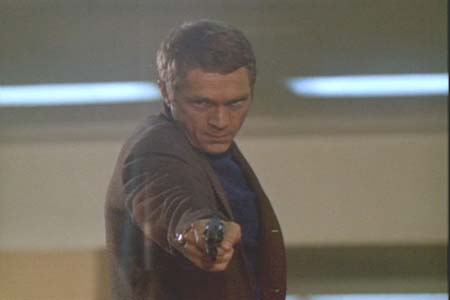
Steve McQueen was an accomplished driver and drove in the close-up scenes, but contrary to myth he only drove in about 10% of the chase in the film. The stunt coordinator, Carey Loftin, hired famed stuntman and motorcycle racer Bud Ekins, and McQueen's usual stunt driver Loren Janes, to do the dangerous stunts in the Mustang. Ekins is also the stunt man who lays down his bike in front of a skidding truck during the chase (Ekins also doubled for McQueen in the sequence of The Great Escape in which McQueen's character jumps over a barbed wire fence on a motorcycle). The Mustang’s interior rear view mirror goes up and down depending on who is driving; when the mirror is up (visible) McQueen is behind the wheel, and when it is down (not visible) Ekins is driving. The black Dodge Charger was driven by Bill Hickman, who also played one of the hitmen and helped with the choreography of the chase scene. The other hitman was played by Paul Genge who had played another character who rode a Dodge off the road to his death in an episode of Perry Mason - "The Case of the Sausalito Sunrise" 2 years earlier.
Of the two Mustangs, one was scrapped after filming due to liability concerns and the surviving backup car was sold to an employee of Warner Brothers' editing department. The car changed hands several times, and Steve McQueen at one point made an unsuccessful attempt to buy it. Currently in non-working condition, the Mustang is rumored to have been kept in a barn in the Ohio River Valley by an anonymous owner.
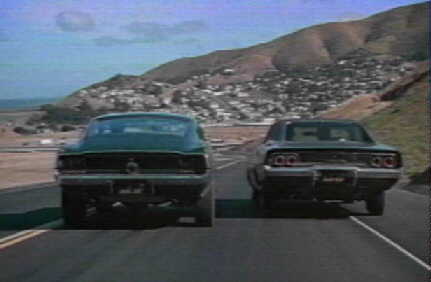
The Ford Mustang name has been closely associated with the film. In 2001, the Ford Motor Company released the Bullitt edition Ford Mustang GT Another version of the Ford Mustang Bullitt, which is closer to resembling the original film Mustang, was released in 2008.
Steve McQueen's likeness as Frank Bullitt was used in two Ford commercials. The first was for the Europe-only 2001 Ford Puma, which featured McQueen driving the car around San Francisco before parking it in a studio apartment garage beside the film Mustang and the motorcycle from The Great Escape In a 2004 commercial for the 2005 Mustang, McQueen appears and drives the new Mustang after a man receives a field of dreams -style epiphany and constructs a racetrack in the middle of a cornfield



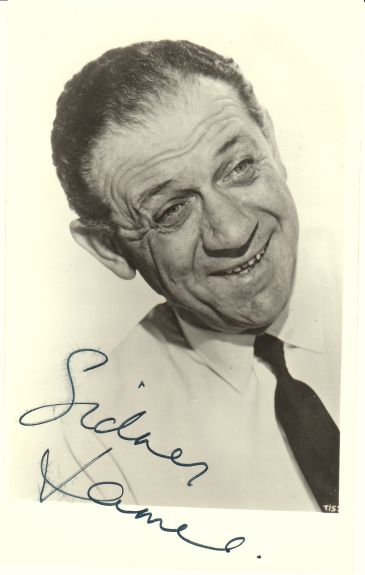
No comments:
Post a Comment